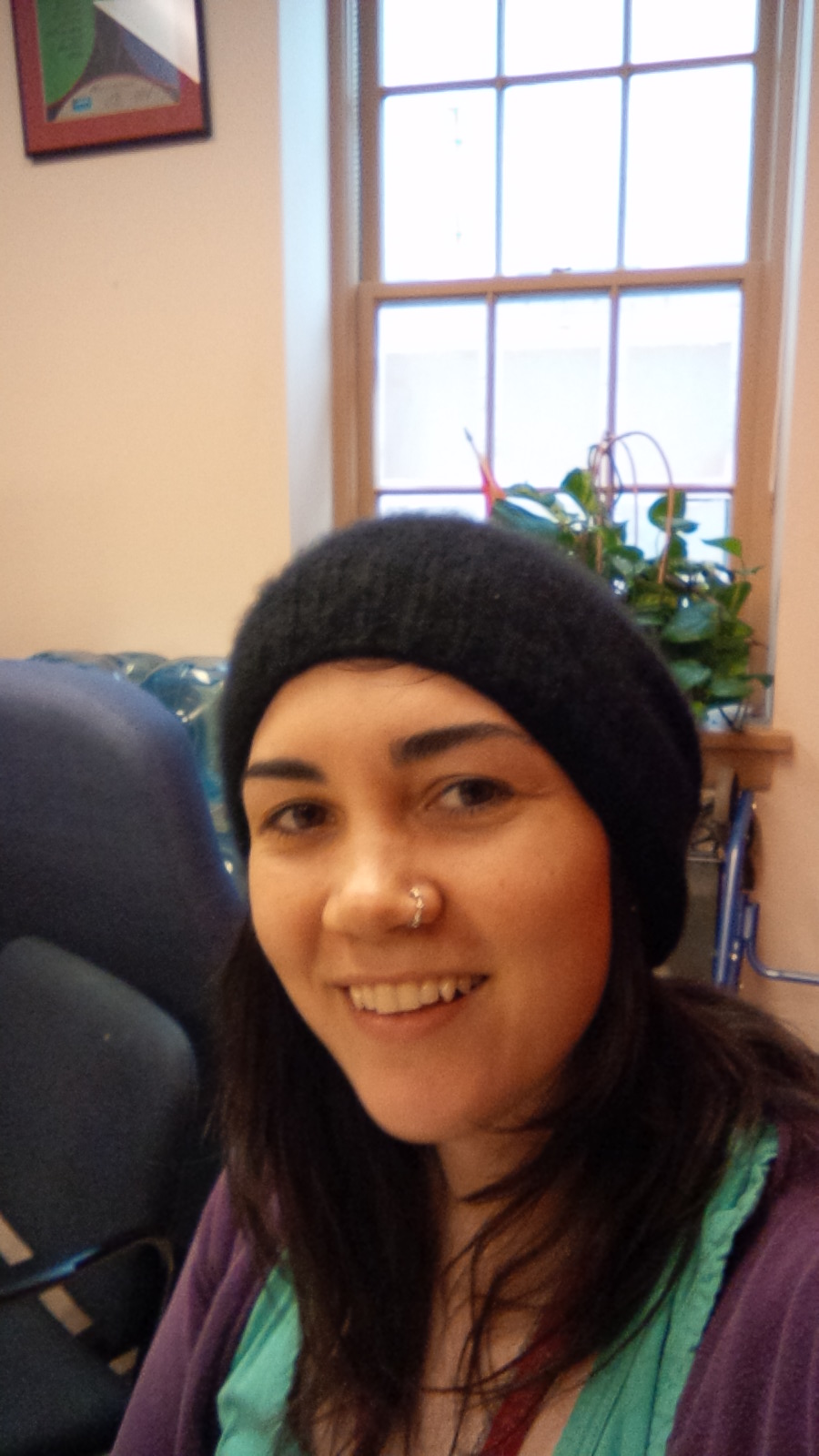Calls for supervised consumption services (SCS) are gaining momentum and popularity. Here in Victoria, B.C., the YES2SCS campaign advocates for the establishment of supervised consumption services in the city within five years. SCS have been heralded for their ability to provide safer spaces for people to use drugs — spaces free from criminalization, stigmatization and violence.
In arguing for the benefits of SCS, proponents (myself included) seek to move conversations into the mainstream by focusing on the medicalized and supervised aspect of the service (clean and sanitary spaces with nurse supervision, access to detox and treatment, etc.). While these are meaningful and significant aspects of SCS, we tend to focus less on another crucial aspect of these services: peer support.
The value of peer leadership, peer support and peer-delivered services has been extensively documented. A report called Harm Reduction at Work summarizes the benefits and highlights best practices for hiring people who use drugs in harm-reduction services. The benefits include, but are in no way limited to:
- Providing public-health information about safer use and harm-reduction supplies in a way that makes sense to people accessing the service
- Providing insight to the organization to inform program design and delivery (e.g., drug use trends, what’s happening on the street, etc.)
- Creating a trusting and culturally safe environment for those accessing services
- Increasing the legitimacy of the hiring organization and sending a message to the community that the organization sees people who use drugs as knowledgeable and valuable
- Contributing to self worth, feelings of accomplishment and participation of people who use drugs
In short, meaningful inclusion of people who use drugs in harm-reduction services is a win-win-win that benefits the people who use the service, the employing organization and the people with experiential knowledge who fill these roles.
People who use drugs have profoundly negative experiences accessing healthcare. Experiences of stigmatization, criminalization and violence in the healthcare system compound and impact all future interactions with healthcare workers. When a person accesses health services and realizes they are speaking with a person who has “been there; done that,” the power shift is evident and recognizable.
In my experience,* the presence of people who use drugs shifts the usual service provider/client power dynamic. It forces workers in an organization to speak differently about their “clients” and creates new norms and complicates the typical “us/them” dynamic. Workers without drug-use experience are privileged to learn how their practice may impact people who use the service. For instance, they can be immediately informed when they are not making sense or are practicing in a way that is inaccessible, paternalistic or just plain using incorrect information. Most importantly, it keeps things “real;” street reality is brought into the organization practice, encouraging a radical element in the organization with constant reminders that this work is about love, family, life and death.
Meaningful inclusion of people who have “been there; done that” is imperative to the success of SCS and harm-reduction services.
Author: Ashley Mollison, Graduate Student, Centre for Addictions Research of B.C.
* I write on this topic not as someone who identifies as a “peer,” a person who currently or formerly uses illicit drugs, but as someone who has seen peer support in action. I have witnessed the value of peer leadership and support in my work with Society of Living Illicit Drug Users (SOLID) and AIDS Vancouver Island. SOLID is a harm-reduction organization run by and for people who use(d) drugs and AVI has recently hired people specifically for their experiential knowledge of drug use, street and prison culture in their harm-reduction program.
**Please note that the material presented here does not necessarily imply endorsement or agreement by individuals at the Centre for Addictions Research of BC

